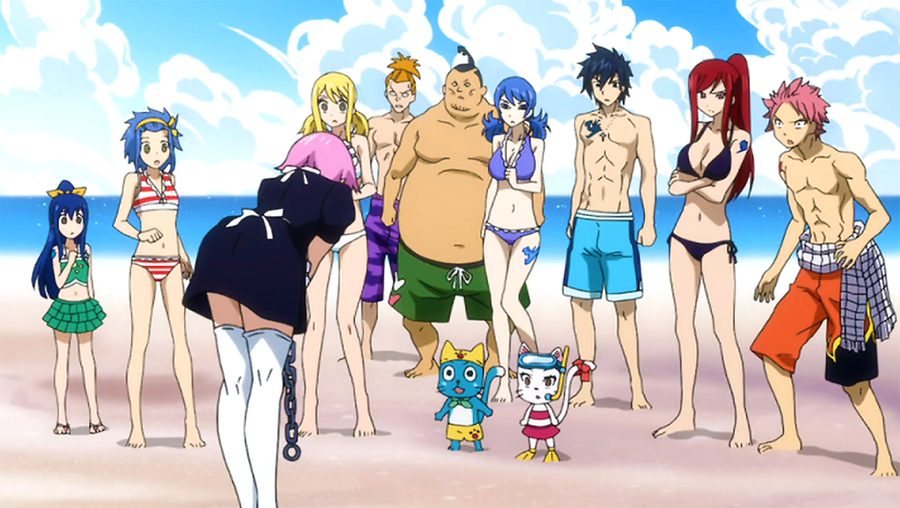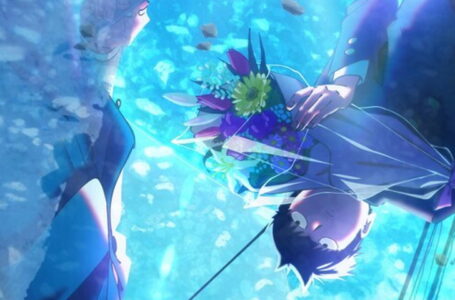The potential Funimation-Crunchyroll fallout
The big news recently in the world of anime is the phasing out of the Funimation brand as part of the company’s acquisition of Crunchyroll last year. Funimation has been a part of the anime community since 1994, primarily as a dubbing and distribution service for some of the biggest titles in the world. Even if you’re not a fan of dubs, there is a lot to be said about how the work the studio did help anime spread throughout the English-speaking world.
Now that the Funimation streaming service is set to go away, we can have a think about the impact that this merger will have on the anime we know and love.
The short term

Honestly, if we’re just thinking about the immediate future, there isn’t a lot to lose about Funimation’s streaming service going away. The site was never the most user-friendly, with frequent crashes and an inconsistent autoplay feature. Though it has become more usable and stable over time, Funimation can be best described as having been “serviceable” at the best of times — though if the plan was to phase out the site eventually then it makes sense that development would have stalled at some point in the process.
What anime fans can expect to immediately happen now that the Funimation and Crunchyroll merger is reaching its final form is largely positive. Funimation seems to be intent on moving much of the front-facing parts of the company over to Crunchyroll, which makes sense as it has a longer history in the streaming business than Funimation. Funi hasn’t been as forthcoming with their subscriber count to their premium service, but it isn’t likely to be as high as the 5 million that Crunchyroll hit last year.
Fans can safely cancel their Funimation subscription and instead sign up to the Crunchyroll service, which has a similar price point. If, like me, you’ve been subscribed to both for the past few years, congratulations! The annual cost of your anime intake just got cut in half. (Hooray! Might actually watch some more without guilt and frustration now – Ed.)
The long term

Just like when it occurs in the video game industry, I am generally uncertain about how to feel when it comes to big media companies merging like this. I don’t doubt that this new joint company will be able to deliver great shows to fans for lower costs than the previous two companies could — both subbed and dubbed — but there is something to be said for having a couple of providers giving us the shows we love. The anime industry, though bigger than it has ever been, is still smaller than we’d like to admit. The UK in particular lacks alternative anime streaming providers, and that leaves me a little uneasy.
All The Anime’s business is largely stalled as they struggle to secure new rights and deliver on the licenses they already have. Manga Entertainment was also purchased by Funimation relatively recently, meaning that they are also under the Sony banner along with Crunchyroll. While I don’t expect we’ll end up back in the days of waiting months or even years to get an official release of shows the way we used to, big mergers like this make that more likely to happen. At the very least, this may be the final nail in the coffin of the Scotland Loves Anime festival, which is a shame for anime fans across the UK.
The Unknown

The biggest question that I have what will become of the dubbing side of Funimation’s business. They have been one of the biggest anime dubbing studios in the world for nearly 30 years. Will future studios be entirely focused on the Crunchyroll brand or will there be a sort of hybrid approach as Funimation, which is based out of Texas, continues to handle much of the recording without as much of a public presence.
Dub actors have also expressed concerns about how this will impact those of them living outside of the US. The pandemic has taught companies that there is a huge pool of actors outside of LA and Dallas, but this merger has thrown a lot of that progress into the air. We simply don’t know how this will impact the industry as studios have shifted more toward remote recording in recent years.
This might all sound like I’m largely negative on the whole deal, which isn’t entirely true. I love anime and I want as many people to be able to watch as many shows as possible without barriers.
I also think that bigger companies have a tendency to ignore smaller shows that can be hidden gems and forget about older shows, making them more difficult to get hold of.
There is a place in anime for independent companies filling those niches, but this merger makes me worried that they won’t get the air they need to thrive. We will just have to wait and see how things shake out.
What do you think? Feel free to share your thoughts down in the comments below, via the usual social channels or in a letter for the Rice Digital Friday Letters Page!
Join The Discussion
Rice Digital Discord
Rice Digital Twitter
Rice Digital Facebook
Or write us a letter for the Rice Digital Friday Letters Page by clicking here!
Disclosure: Some links in this article may be affiliate links, which means we may earn a small commission if you make a purchase after clicking on them. This is at no additional cost to you and helps support Rice Digital!
- Six of the best Stands in JoJo’s Bizarre Adventure - June 2, 2023
- 4 of the best JRock tracks from May - June 1, 2023
- Hump Day Husbandos: Guts (Berserk) - May 31, 2023






